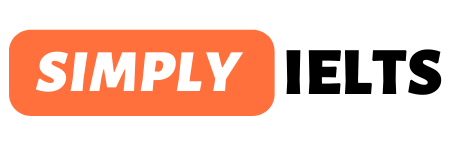
Pronoun Power: The All-Stars of Streamlined Communication
Have you ever noticed how some sentences seem clunky and repetitive? Nouns keep popping up, making the writing feel awkward. Well, there’s a secret weapon in the grammar arsenal that can save the day: pronouns! In this week’s blog post, we’ll unveil the power of pronouns and how they streamline your communication.
The All-Star Substitutes:
Imagine a sports team with amazing players, but the coach keeps repeating their names on every play. It would be confusing and unnecessary, right? Pronouns work similarly. They act as stand-ins for nouns, avoiding repetition and creating smoother sentences. Think of them as the all-star substitutes on your writing team, keeping things clear and concise.
The Pronoun Posse: A Diverse Lineup for Different Situations
There’s a whole team of pronouns waiting to be called upon in your writing:
- Subject Pronouns: These take the place of a noun as the subject of a sentence, like I, you, he, she, it, we, they, who, or what. (e.g., The dog chased the ball. He wagged his tail excitedly.)
- Object Pronouns: These replace nouns that receive the action of the verb or follow a preposition, like me, you, him, her, it, us, them, whom, or what. (e.g., Sarah gave the book to me.)
- Possessive Pronouns: These show ownership, replacing possessive nouns like “my” or “hers.” Examples include mine, yours, his, hers, its, ours, theirs, or whose. (e.g., This is my book, and that one is yours.)
- Reflexive Pronouns: These refer back to the subject, performing an action on itself, like myself, yourself, herself, himself, itself, ourselves, or themselves. (e.g., She dressed herself for the party.)
- Demonstrative Pronouns: These point to specific nouns, like this, that, these, or those. (e.g., This is the house I grew up in.)
- Interrogative Pronouns: These are used in questions, like who, what, which, whom, or whose. (e.g., Who wrote this letter?)
Pronouns in Action: Making Your Writing Flow
Let’s see how pronouns can make your writing smoother:
- Original sentence: John went to the store. John bought some milk. John came back home.
- Improved sentence with pronouns: John went to the store. He bought some milk and then he came back home.
By using pronouns, we avoid repetition and create a more natural flow.
The Pronoun Challenge: Mastering the Art of Substitution
Ready to test your pronoun prowess? Take a short paragraph from your writing and identify all the nouns. Can you replace some of them with appropriate pronouns to improve clarity and flow?
Remember, pronouns are your secret weapon for clear and concise communication. Stay tuned for next week’s adventure about preposition!




